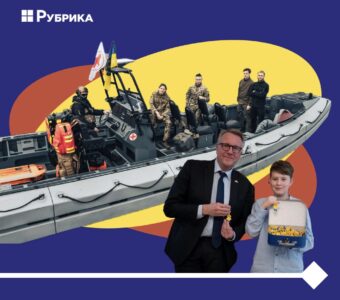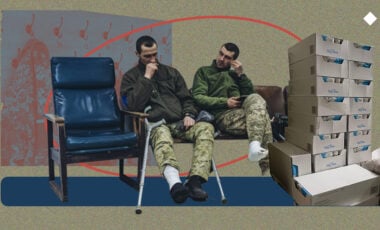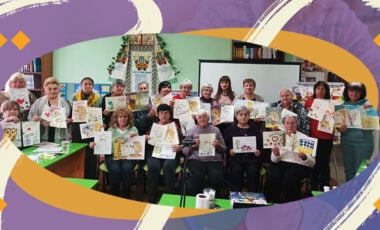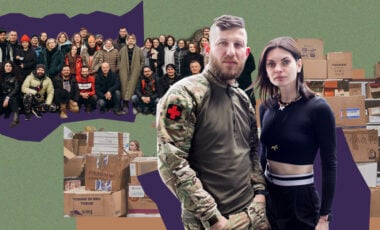Turkish president to present his own plan to freeze war in Ukraine at G20 Summit – Bloomberg
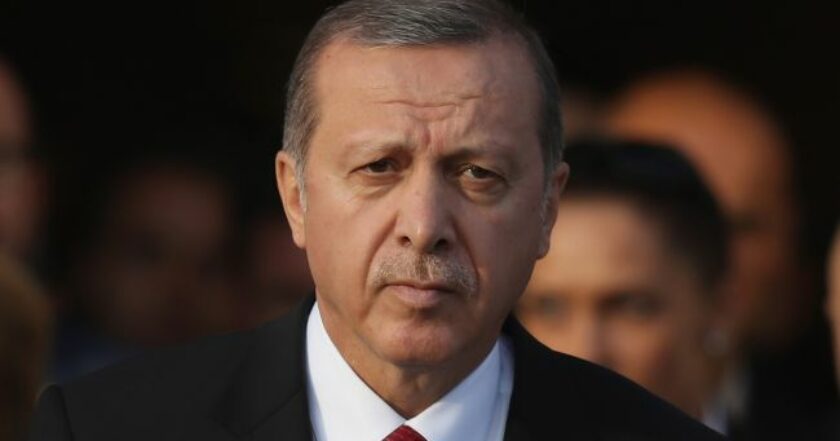
According to sources cited by Bloomberg, Turkish President Recep Tayyip Erdoğan plans to offer his own solution for ending the war in Ukraine at the upcoming G20 summit in Rio de Janeiro, Brazil. This proposal would also involve postponing discussions on Ukraine's potential membership in NATO.
Bloomberg reported that.
As the publication notes, President Volodymyr Zelensky's peace formula is based on obtaining a clear path to NATO membership and security guarantees on defense before accession.
According to sources, Erdoğan will propose that Ukraine postpone discussions on joining the Alliance for at least 10 years as a concession to Russian dictator Vladimir Putin.
In particular, the Turkish proposal will provide for:
- creating a demilitarized zone in eastern Ukraine, where Russia has controlled large areas since 2014;
- Deploying international troops there and military guarantees for Kyiv as compensation for agreeing to remain outside NATO.
According to the agency's interlocutors, Erdoğan's proposal involves freezing hostilities based on the parties' current positions.
Turkish officials admit that Ukraine will find it difficult to accept such a proposal, but they believe this is the most realistic approach.
The publication says they seek to postpone discussions on the long-term fate of the occupied territories and focus first on ensuring a stable ceasefire.
The agency's sources claim that Erdoğan hopes he will be able to convince Zelensky to take part in the peace talks in Istanbul, as he has seen intelligence data indicating that Ukraine could lose much more territory over the next few months if the fighting does not stop.
Meanwhile, Reuters reports that G20 leaders are unable to agree on a final statement due to the massive Russian airstrikes in Ukraine on November 17.
For reference:
The G20 Summit is an annual meeting of the Group of Twenty leaders, a key international forum for discussing economic and global challenges. It endorses agreements reached during the year and determines further directions for cooperation.
The summit will be held on November 18-19, 2024, in Rio de Janeiro, Brazil.
It should be noted that the newly elected President of the United States, Donald Trump, has once again made a statement about ending the war in Ukraine and promised that his administration will focus on this.
Recently, The Wall Street Journal reported that the idea of freezing the front along the current line with the demilitarized zone and a 20-year moratorium on Ukraine's accession to NATO is allegedly being floated by the circle of US President-elect Donald Trump to fulfill his promise to "quickly end the war" in Ukraine.
It should be noted that former advisor to US President-elect Donald Trump, Bryan Lanza, stated that the new administration will focus on achieving peace in Ukraine and not on providing Kyiv with the opportunity to return the territories occupied by Russia. The priority of the United States is "stopping the killings."
However, a representative of US President-elect Donald Trump's transition team stated that Trump's advisor, Bryan Lanza, was not speaking on his behalf when he said that Ukraine should present a realistic vision of peace and not claim the return of Crimea.
Earlier, Russian dictator Vladimir Putin stated at the BRICS summit that the Turkish representative at the September session of the UN General Assembly in New York had received some proposals for Russia from Ukraine. He passed this information on to the Kremlin.
It is worth noting that this is not the first time that Putin and his representatives have made statements portraying Russia as ready for negotiations to resolve the war in Ukraine, which are not taking place because Kyiv allegedly does not want them.
In fact, Putin is demanding that Kyiv refuse to join NATO and internationally recognize the Donetsk, Luhansk, Zaporizhzhia, Kherson regions, and Crimea as Russian territories.
In turn, Zelensky, in response to the proposal for an alleged peaceful resolution of the war by Russian leader Vladimir Putin, stated that such conditions are an ultimatum that cannot be trusted. The head of state also compared Putin's actions to the leader of Nazi Germany, Hitler.
According to the American Institute for the Study of War (ISW), accepting the Russian leader's conditions would signal that the integrity of Ukraine's land is open to discussion. This would establish a precedent for the Kremlin to pursue more territorial concessions from Ukraine and ultimately challenge the concept of Ukrainian sovereignty.

Five countries of Northern Europe back Ukraine's Victory Plan – Zelensky

Western countries' rejection of Ukraine's Victory Plan could bolster Russia and deteriorate Kyiv's position – Zelensky

Britain develops proposal for Victory Plan implementation – Syrskyi





